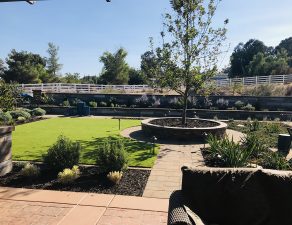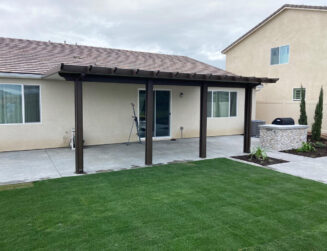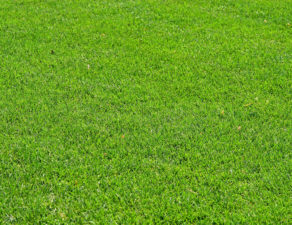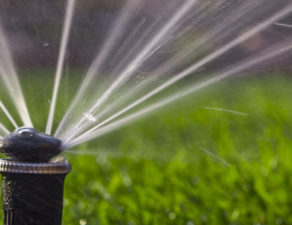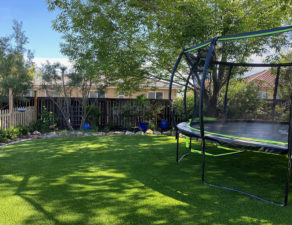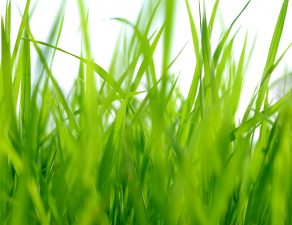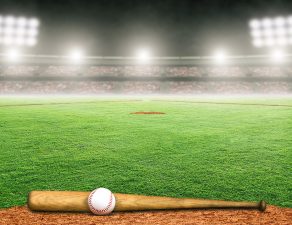
Keeping your lawn healthy and attractive during the summer months takes some extra effort, especially when temperatures soar and rainfall becomes unpredictable (or non-existent). Whether your yard features Fescue, Bermuda, or artificial turf, understanding the specific care each type requires can make a big difference in appearance and performance.
Cool Season Care in Hot Weather
Fescue is a cool-season grass that thrives in the spring and fall but often struggles in the intense heat of summer. To keep your Fescue lawn looking its best during the hotter months, follow these tips:
- Water deeply and infrequently. Aim for one inch of water per week, preferably early in the morning to minimize evaporation.
- Mow high. Set your mower blades between 3 and 4 inches to help shade the soil and retain moisture.
- Fertilize lightly. Avoid heavy feeding in summer. If needed, apply a slow-release fertilizer in early summer to promote health without stressing the lawn.
- Minimize foot traffic. Fescue can be more delicate in the heat, so try to limit activity on the lawn during hot, dry periods.
A Summer Powerhouse
Bermuda is a warm season grass that thrives in hot, sunny climates and makes an excellent choice for Southern California landscapes. Here’s how to keep Bermuda lush and green all summer long:
- Water regularly. Bermuda needs about one inch of water weekly during peak summer. Deep watering encourages deep roots and drought resistance.
- Mow often. Keep Bermuda grass cut short, around 1 to 2 inches, and mow every 7 days to maintain a dense, healthy appearance.
- Fertilize monthly. Bermuda responds well to nitrogen-rich fertilizers applied throughout the growing season.
- Dethatch and aerate if needed. Prevent buildup and compacted soil by performing these tasks once per year, ideally in late spring or early summer.
A Low-Maintenance Option
For homeowners seeking a low-maintenance option that still looks vibrant and green year-round, artificial turf offers a convenient and increasingly popular solution. Unlike natural grass, it requires no mowing, watering, or fertilizing. That said, artificial turf does benefit from occasional upkeep:
- Rinse regularly. Use a hose to remove dust and debris, especially during dry spells.
- Brush high-traffic areas. Keep blades standing upright with a stiff broom or brush.
- Treat odors or pet messes. Use a turf-safe deodorizer and rinse thoroughly as needed.
- Inspect infill and seams. Periodically check for settling or separation and adjust as necessary.
If you’re trying to decide between artificial turf versus natural grass, consider your lifestyle, maintenance preferences, and long-term budget. Both have their pros and cons, but the right choice comes down to what best fits your household’s needs.
Expert Help for a Beautiful Lawn
Proper lawn care during the summer is key to a thriving outdoor space, whether you prefer the natural beauty of Fescue or Bermuda or the convenience of artificial turf. Our team of landscaping contractors in Temecula can help you plan, install, and maintain a lawn that works for you season after season.
Contact us to schedule a consultation and discover how we can transform your yard into a space you’ll love all summer long.

